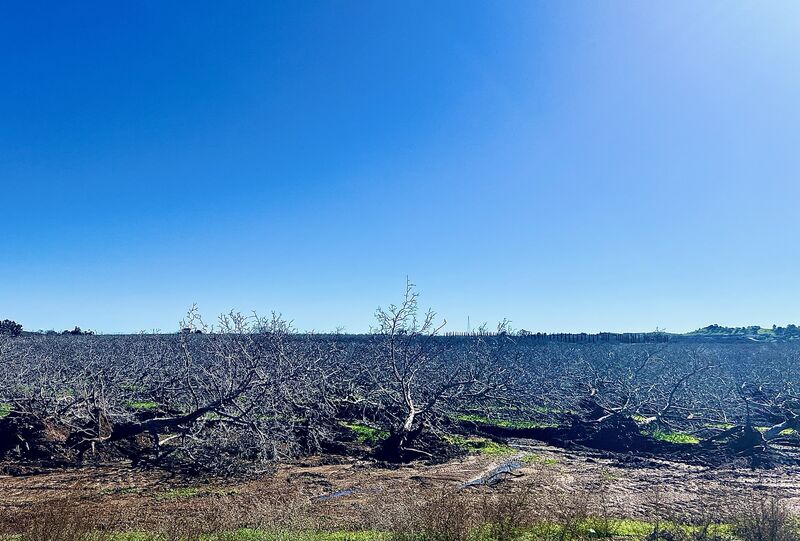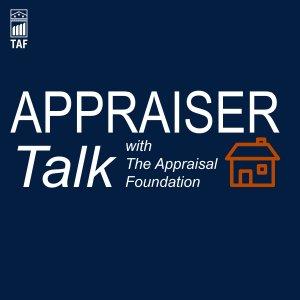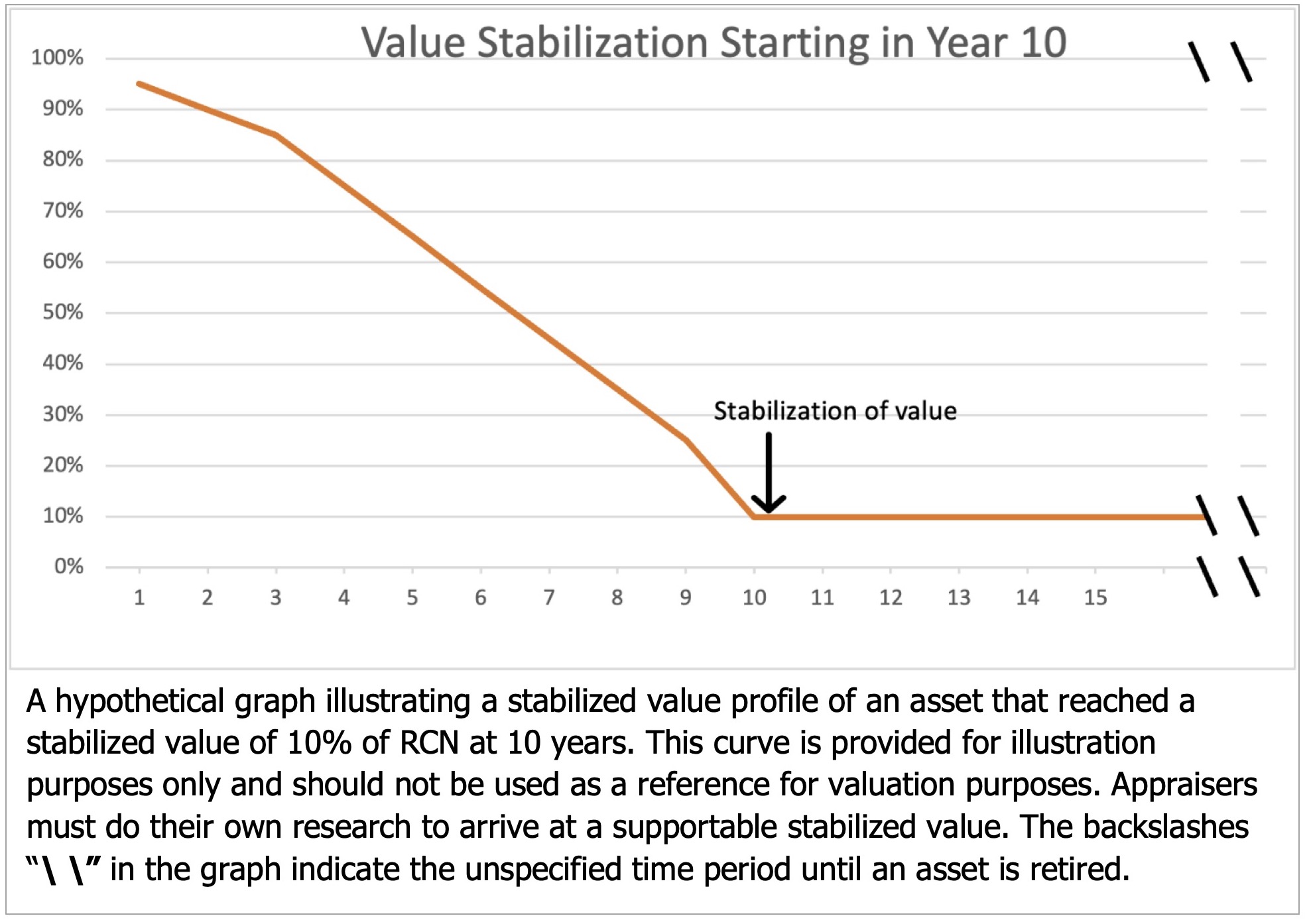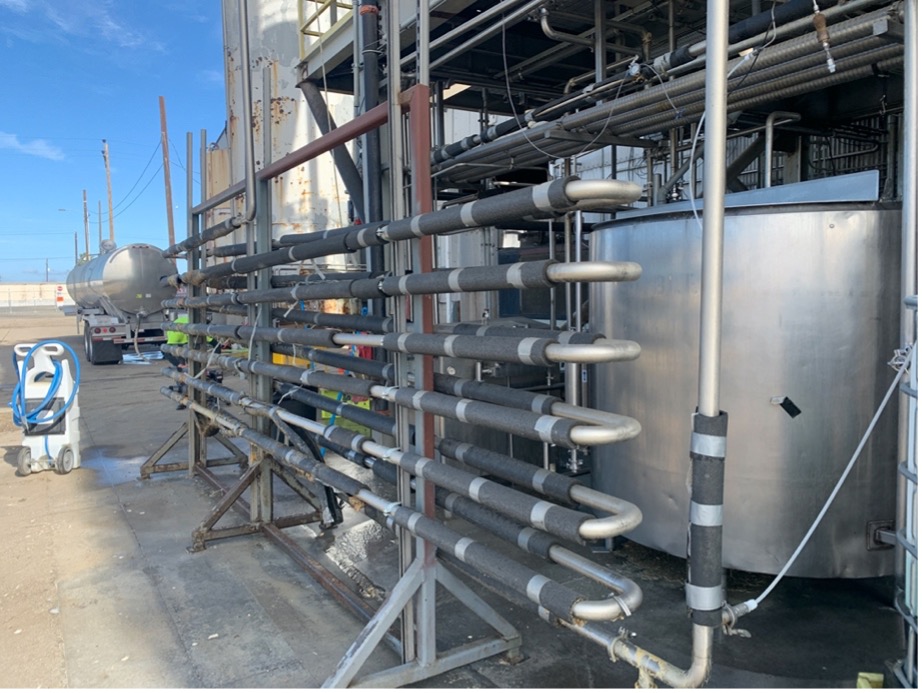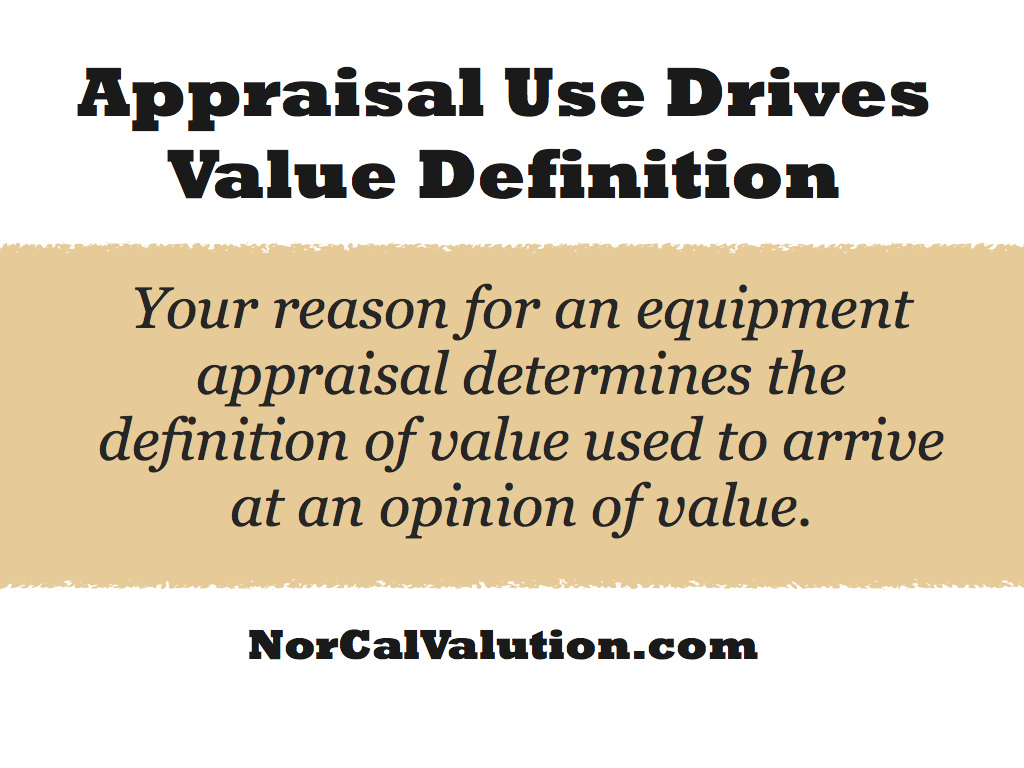 When folks call us for an equipment appraisal, the first thing they usually ask is how much an appraisal will cost. Many of them are surprised to hear that we need a lot more information about their equipment and their situation before we can provide a quote or bid for the job.
When folks call us for an equipment appraisal, the first thing they usually ask is how much an appraisal will cost. Many of them are surprised to hear that we need a lot more information about their equipment and their situation before we can provide a quote or bid for the job.
Why does your equipment appraiser need to know all the details up front when your real estate appraiser, for example, seems to just need the address? Machinery and equipment valuation involves a handful of factors that most other appraisals do not:
- All equipment has a discreet asset life, which means that no matter how good your maintenance, or how many upgrades you’re willing to invest, the machinery eventually loses most, if not all of its value;
- Equipment appraisals often involves UCC-I financing statements, including any addendum and additional party forms; these forms specify collateral machinery & equipment and establish priority in case of debtor default or bankruptcy;
- A great deal of appraised machinery & equipment is unique, either customized or specifically built for specialized operations or locations or both;
- Machinery & Equipment is movable and can often be used for various purposes. Tractors, trailers, and forklifts are perhaps the best example of this. It’s this aspect of equipment appraisal that introduces and explains the most interesting aspect of machinery & equipment valuation;
- Machinery & Equipment can be appraised at varying levels of trade; and
- Machinery & Equipment can be appraised at different premises of value
Let’s talk a little bit more about those last 2 because they are so particular to machinery & equipment appraisals. In real estate appraisals, which most people are familiar with, these 2 factors just don’t come up. But because machinery & equipment can be sold in many different marketplaces (levels of trade), the premise of value (or value definition) must be consistent with the marketplace in which it is going to be sold. You can see this clearly in the difference in value between irrigation sand filters sold in continued use in place at the facility, and this same equipment sold on a piecemeal basis, removed from its site of operation and hauled away after a bankruptcy auction.
When the equipment being appraised is not actually being sold, as in the case of a collateral loan or for insurance coverage or claims, the equipment appraiser takes into account the purpose of the appraisal in order to determine the most appropriate definition of value.
For example, when doing a commercial equipment valuation for collateral lending, the lending institution is concerned about the likelihood of loan default. If that should happen, the equipment would be most likely sold at auction, and so the most appropriate value for that appraisal would be a liquidation value, either orderly or forced — or both! In the case of an insurance claim for damages to the equipment, the owner generally hopes for an amount that will enable repair or replacement of the equipment for continued use in the business.
So, the basic market place presumed in the valuation determines the level of trade, which then guides the appraisal’s definition of value. Determination of the appropriate level of trade, therefore, is an important consideration in the valuation and is one reason an equipment appraiser must always understand the purpose of a valuation and its intended users.
This also explains why an appraisal report is not a one-size-fits-all situation. An equipment valuation prepared for a ad velorem tax appeal situation is not the equipment appraisal needed for IRS charitable gift purposes or litigation. One case study we often use to illustrate this point is the instructive story of Pat & Toby and their Happy Burger restaurants:
Pat and Toby are married and have owned a chain of Happy Burger restaurants since 1990. They now have 5 restaurants, 3 in leased space in shopping centers and 2 on property that they own. A month ago they got an equipment appraisal for a commercial bank loan to buy new equipment and that loan has been funded.
Pat recently learned about an affair that Toby is having and now they are getting divorced. Toby wants out of the business and Pat is taking over the entire business. They want to use the appraisal from the bank loan for the determination of the value of equitable distribution of community property pursuant to the divorce.
By now, you may know why this is not an appropriate use of the appraisal:
- Wrong effective date
- Wrong intended user
- Wrong definition of value,
- Doesn’t include the new equipment
You can click here for a closer look at a table that links some of the usual purposes for machinery and equipment valuation with appropriate value definitions. If you have questions regarding the appropriate level of trade or premise of value for your own equipment appraisal, let’s talk!
Jack Young, ASA, CPA
NorCal Valuation Inc.
